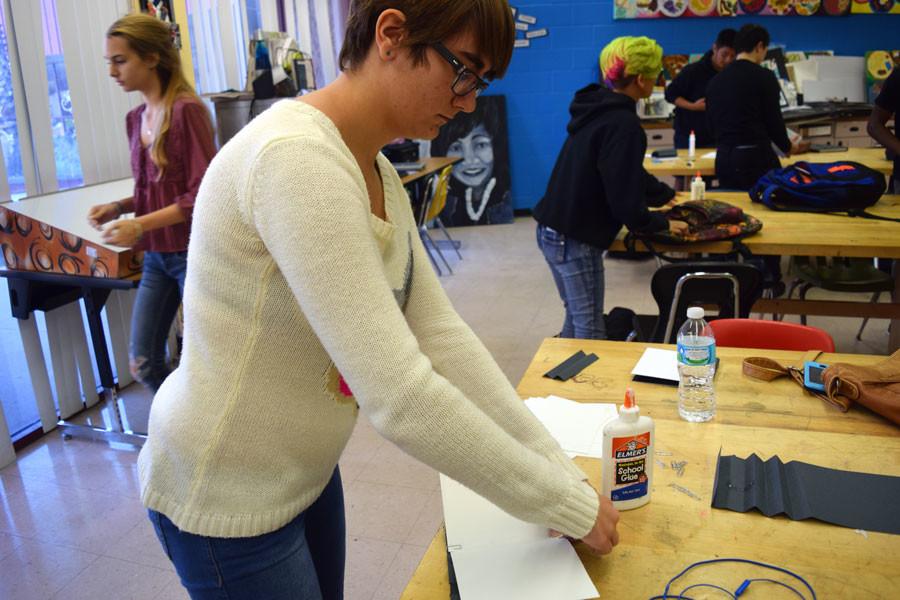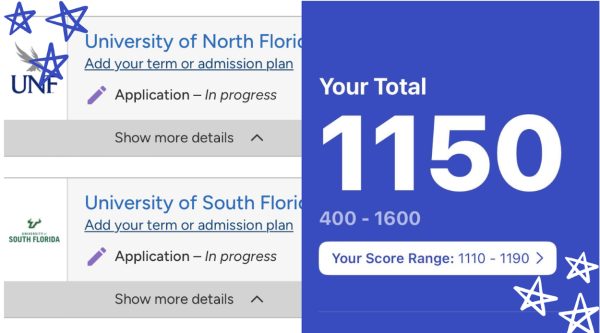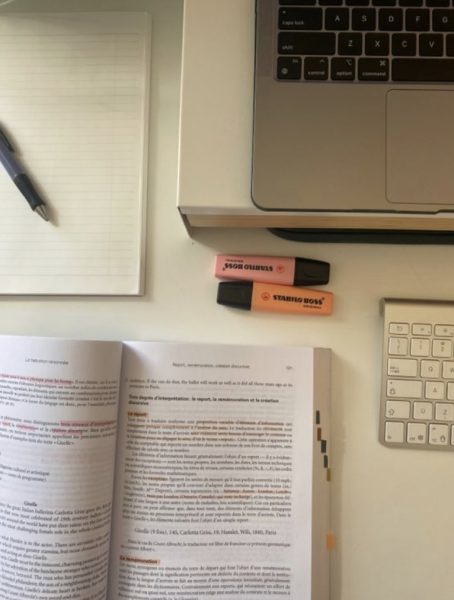CLASS PARTICIPATION BENEFITS STUDENTS
Students of Seminole High participate in an art assignment.
November 20, 2015
Class participation is a helpful way to engage students in class and teachers often utilize this to enhance a student’s learning process. By including class participation in their lessons, students will benefit in the long term.
Pushing kids to verbally speak in class sparks further discussions among students as they share their thoughts on a subject. When verbally participating in class, students are also encouraged to actively listen and contribute regularly to the lesson.
IB History Teacher Mr. Jay Scofield says, “My philosophy on participation is that to say something, to ask a thoughtful question, or to answer a teacher-directed question is a form of processing information, and to process it you have to think about it and retrieve stored knowledge. In a weird way, it is a form of studying, which is why I require students to verbally participate.”
Education is designed to help students improve upon their weaknesses. Learning to actively communicate with others will help students in the long run because it is a skill that will be needed at some point in their lives.
However, putting pressure on students to participate in class may cause further stress among them. Many students struggle to speak in front of a group of people, and the pressure to gain a good grade on participation may take a negative toll on them.
“No one should have to be graded on whether they raise their hand or not in class, it’s not fair to people who are uncomfortable speaking in front of the class. Some people suffer from social anxiety so it’s hard for them to participate in class discussions,” says Junior Sagrario Suarez.
Junior Iswarya Chigurupati expands on this idea when she says, “In my opinion, [a grade on participation] makes students even more scared to participate, because you are getting graded on it and you don’t want to be incorrect when answering.”
While pushing students to participate helps with communication skills, teachers shouldn’t base their grade in the class off of it. Teenagers who don’t feel as comfortable talking in front of a large group of people will be at a disadvantage and unfairly graded, even if they have a thorough understanding of the topic. Class participation should be pushed in the classroom, however it should not negatively impact the individual’s grade.
In the long run, pushing class participation provides students with communication skills and will help students learn.
Scofield describes, “Ones who do not like to participate can benefit most from it. It can help fear of speaking, if [students] take advantage of it.”

































